Department of Agriculture and the National Drought Mitigation Center. This Conference welcomed a record 100 speakers and global experts to share ideas and help find solutions to the world’s pressing water and food security needs.
The 2017 Water for Food Global Conference is a North American Regional Event for the 8th World Water Forum, the world’s largest water-related forum organized by the World Water Council (WWC), an international organization that brings together all those interested in the theme of water. The World Water Council produces the forum every three years together with the respective host country and city. The 2018 forum will be held in Brasilia, Brazil.
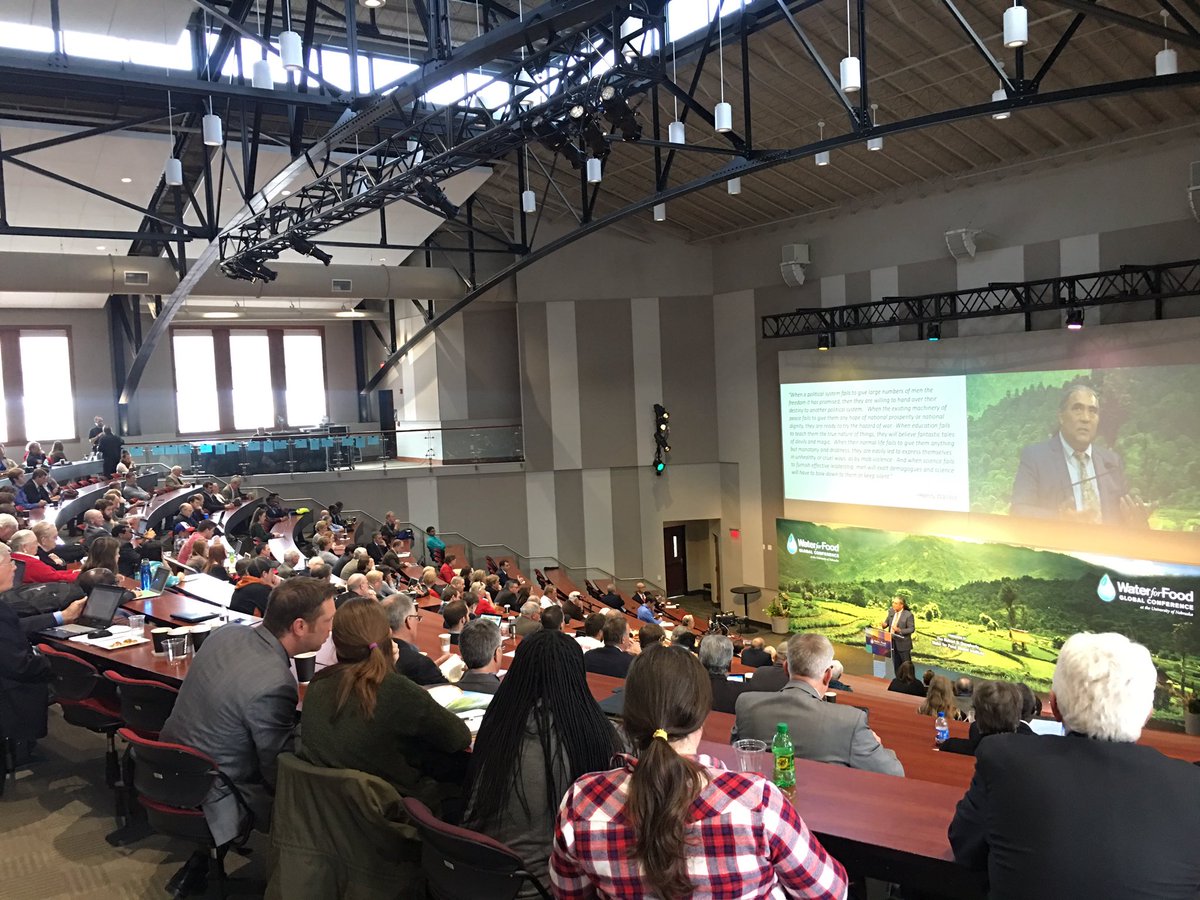 One of the sessions was "Upscaling Solutions: Expanding access to irrigation for smallholders in sub-Saharan Africa." This session explored how public and private sector investors can support smallholder-irrigated agriculture in sub-Saharan Africa to achieve greater yield gains and improve livelihoods.
One of the sessions was "Upscaling Solutions: Expanding access to irrigation for smallholders in sub-Saharan Africa." This session explored how public and private sector investors can support smallholder-irrigated agriculture in sub-Saharan Africa to achieve greater yield gains and improve livelihoods.
The session outcome included a whitepaper synthesis of the case studies, panelist and participant input, which will serve as a basis for support to smallholder irrigated agriculture initiatives, further study and incorporation in major events such as Africa Water Week, 2017 World Water Week in Stockholm and the 2018 World Water Forum in Brasilia, Brazil.
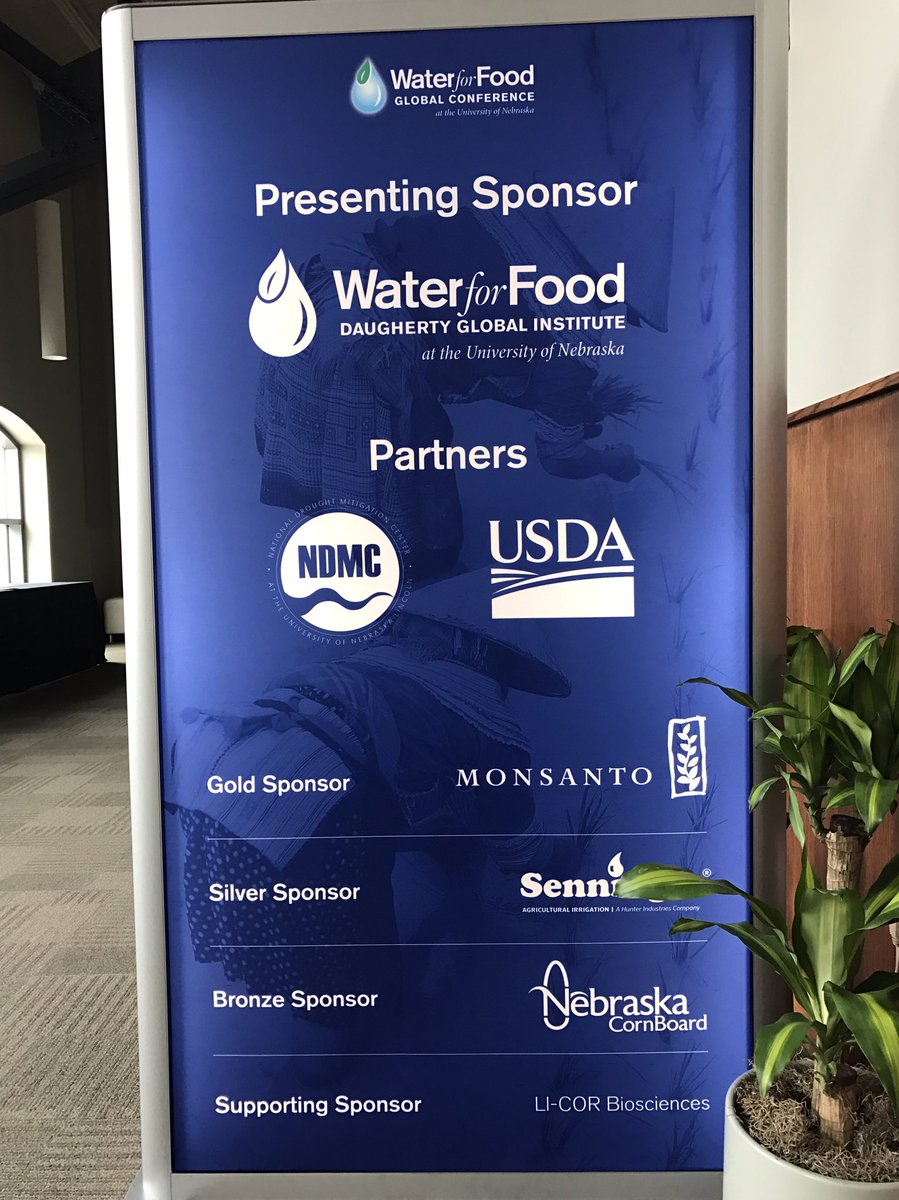 Introduction: Timothy Williams, Director for Africa, International Water Management Institute; Accra; Ghana
Introduction: Timothy Williams, Director for Africa, International Water Management Institute; Accra; Ghana
Case Study Presenters and Roundtable Leaders:
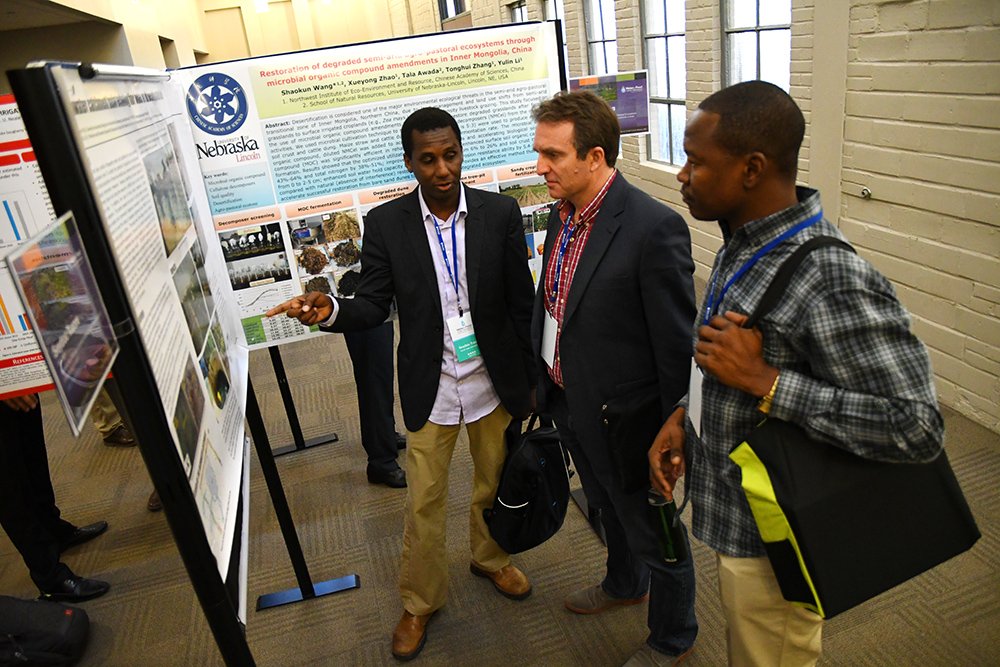 One case study was from International Development Enterprise (iDE), a global effort that spans
One case study was from International Development Enterprise (iDE), a global effort that spans
offices in 14 countries, encompassing 4 social enterprises, employing nearly 1,000 people directly, and indirectly enabling many more through our market-based approaches in agriculture, water, sanitation and hygiene, and finance.
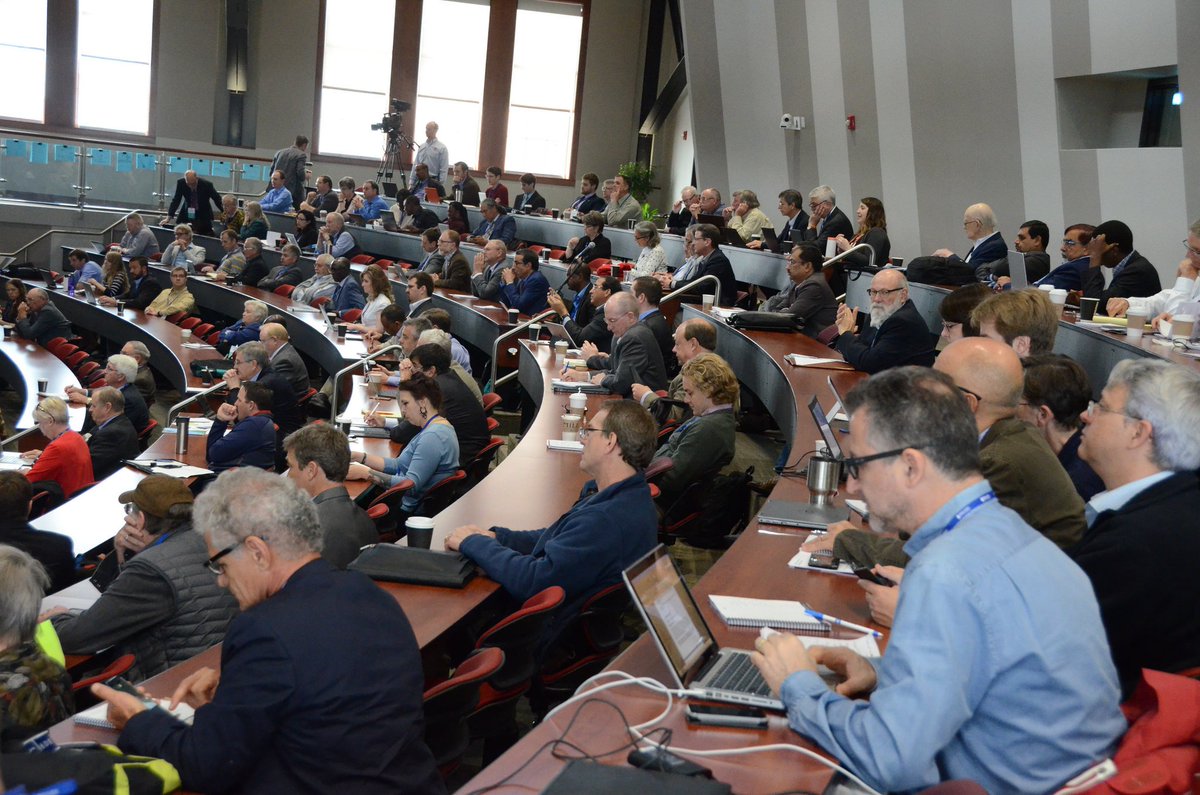 Listen to Prewitt's case study presentation here: Tim Prewitt Case Study
Listen to Prewitt's case study presentation here: Tim Prewitt Case Study
In an interview following his presentation, Prewitt reinforced the mission behind iDE and how he believes the company has the ability to directly drive global solutions for producers all over the world.
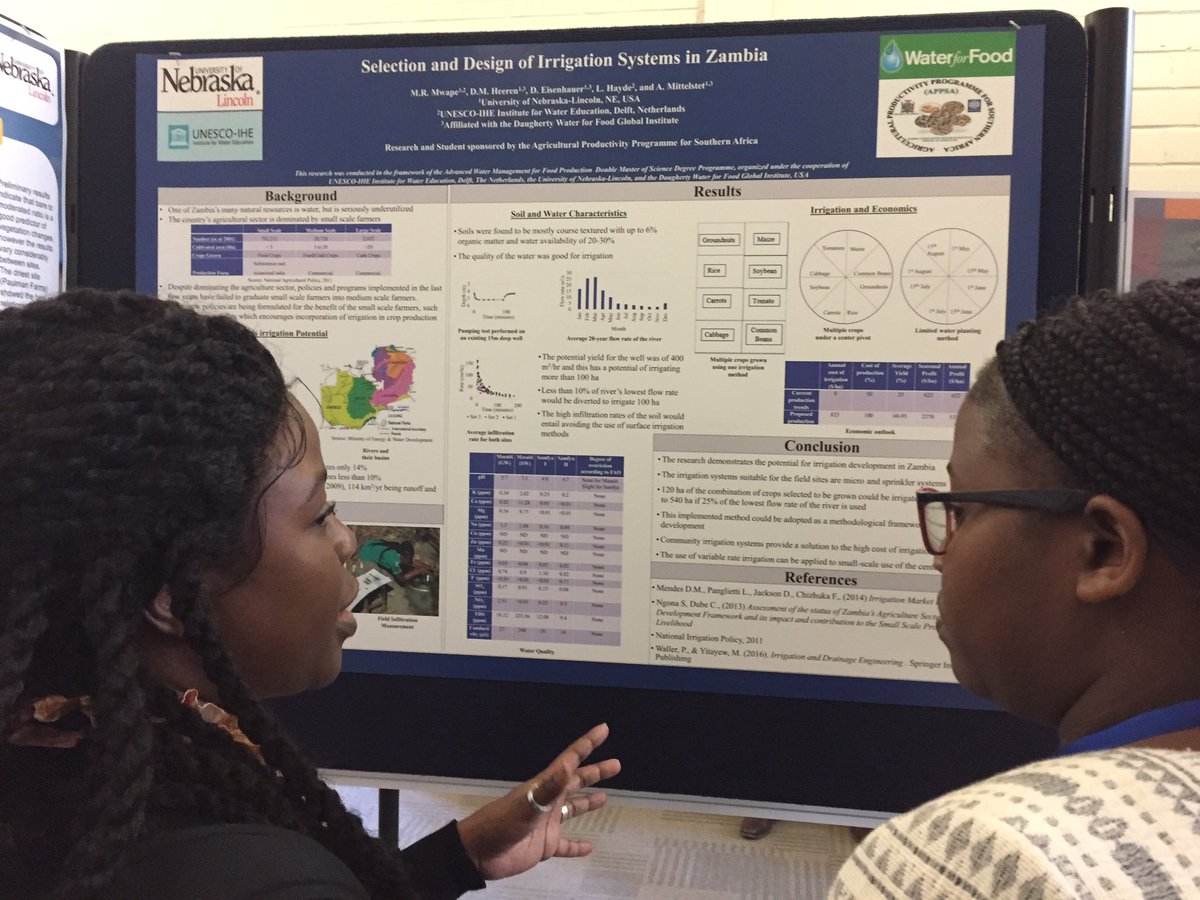 Listen to Jamie's full interview with Tim here: Interview with Tim Prewitt, iDE
Listen to Jamie's full interview with Tim here: Interview with Tim Prewitt, iDE
Another session was about : Lessons Learned in Water and Food Security in Ethiopia
 One of the sessions was "Upscaling Solutions: Expanding access to irrigation for smallholders in sub-Saharan Africa." This session explored how public and private sector investors can support smallholder-irrigated agriculture in sub-Saharan Africa to achieve greater yield gains and improve livelihoods.
One of the sessions was "Upscaling Solutions: Expanding access to irrigation for smallholders in sub-Saharan Africa." This session explored how public and private sector investors can support smallholder-irrigated agriculture in sub-Saharan Africa to achieve greater yield gains and improve livelihoods.The session outcome included a whitepaper synthesis of the case studies, panelist and participant input, which will serve as a basis for support to smallholder irrigated agriculture initiatives, further study and incorporation in major events such as Africa Water Week, 2017 World Water Week in Stockholm and the 2018 World Water Forum in Brasilia, Brazil.
 Introduction: Timothy Williams, Director for Africa, International Water Management Institute; Accra; Ghana
Introduction: Timothy Williams, Director for Africa, International Water Management Institute; Accra; GhanaCase Study Presenters and Roundtable Leaders:
- Ayembilla Joseph Anyagbilla, Human Development Coordinator, Catholic Diocese of Navrongo-Bolgatanga; Ghana
- Richard D. Berkland, Vice President of Market Development, Global Irrigation Division, Valmont Industries, Inc.; Omaha, Nebraska
- Martin Fisher, Co-founder and Chief Executive Officer, KickStart International; San Francisco, California
- Meredith Giordano, Principal Researcher and U.S. Representative for the International Water Management Institute; Washington, D.C.
- Sithembile Ndema Mwamakamba, Climate Smart Agriculture Program Manager; Food, Agriculture and Natural Resources Policy Analysis Network (FANRPAN); Johannesburg, South Africa
- Francois Onimus, Senior Water Resources Specialist, World Bank; Washington, D.C.
- Timothy Prewitt, Chief Executive Officer, iDE; Denver, Colorado
 One case study was from International Development Enterprise (iDE), a global effort that spans
One case study was from International Development Enterprise (iDE), a global effort that spans offices in 14 countries, encompassing 4 social enterprises, employing nearly 1,000 people directly, and indirectly enabling many more through our market-based approaches in agriculture, water, sanitation and hygiene, and finance.
"We did this study, in part, because of on what I read in a pre-study about six years ago, that said, for a farmer to buy irrigation equipment, the most expensive part is research and learning about the product because it takes so much time for the farmer to get out there and learn about it because it's not in their backyard, because in many cases they don't have multiple examples of irrigation available to them."
 Listen to Prewitt's case study presentation here: Tim Prewitt Case Study
Listen to Prewitt's case study presentation here: Tim Prewitt Case StudyIn an interview following his presentation, Prewitt reinforced the mission behind iDE and how he believes the company has the ability to directly drive global solutions for producers all over the world.
"The planet today is faced with tremendous growth and tremendous stress on its food resource, and we're only able to feed this people in America right now because technology has allowed yields to increase every year in this country," he said. "There are huge areas of the globe where farmers are only getting a quarter of the yields we are, and it's all a matter of getting modern technology to them."
 Listen to Jamie's full interview with Tim here: Interview with Tim Prewitt, iDE
Listen to Jamie's full interview with Tim here: Interview with Tim Prewitt, iDEAnother session was about : Lessons Learned in Water and Food Security in Ethiopia
This session will examined the Ethiopia’s humanitarian crisis in light of the significant international assistance it has received to address water and food insecurity.
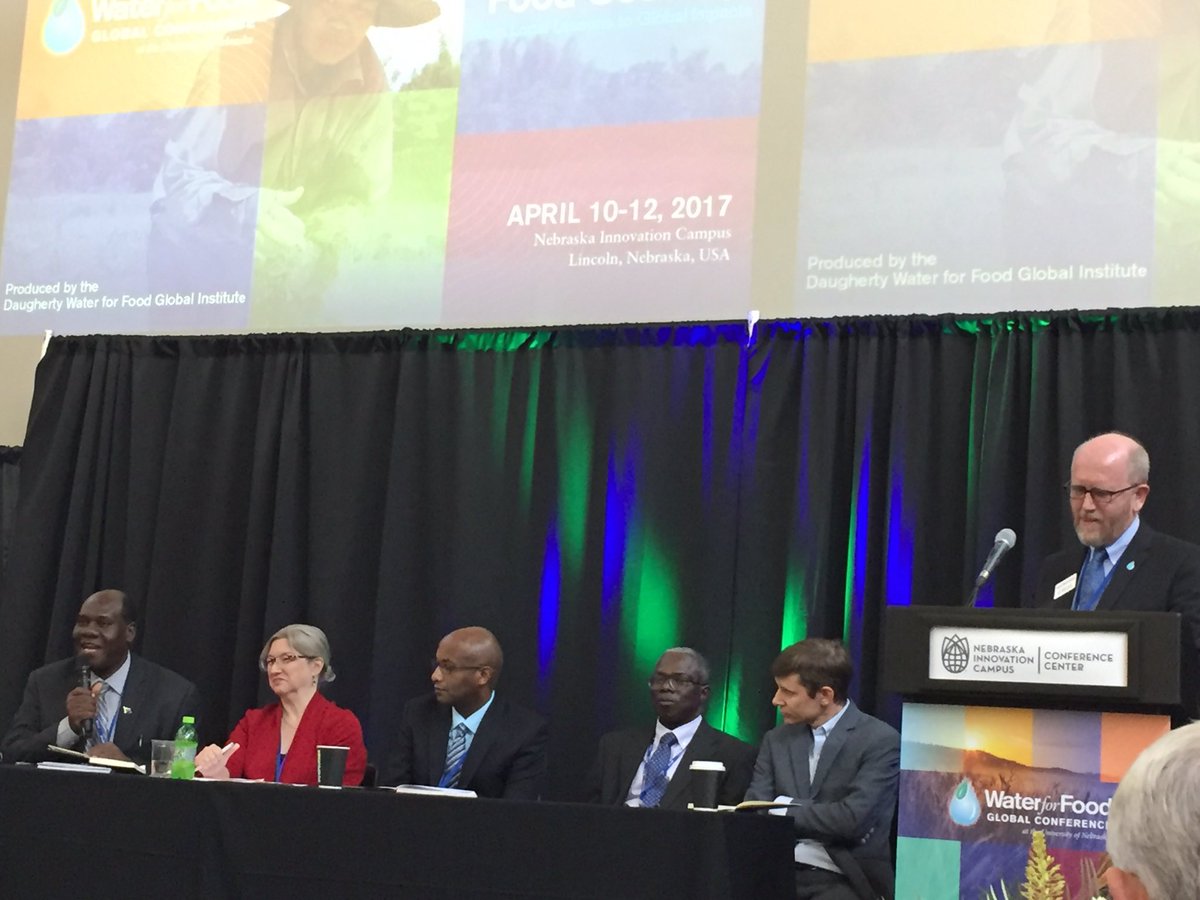
- What lessons have been learned after decades of interventions across a wide variety of sectors, including agriculture, food security and water policy?
- What projects and interventions have been most successful and why?
- Given that more than 10 million people in Ethiopia have been affected by acute food insecurity conditions and below-average rainfall, exacerbating political tensions, what can international actors do to prevent violence and enhance food and water security?
Moderator: Roberto Lenton, Professor, Biological Systems Engineering, University of Nebraska–
Lincoln; Daugherty Water for Food Global Institute Distinguished Fellow
Speakers:
- Peter McCornick, Executive Director, Daugherty Water for Food Global Institute; Lincoln, Nebraska
- Patrice McMahon, Daugherty Water for Food Global Institute Faculty Fellow; Associate Professor, Department of Political Science, University of Nebraska–Lincoln
- Tsegaye Tadesse, Daugherty Water for Food Global Institute Faculty Fellow; Associate Professor, Climatologist and Remote Sensing Expert, National Drought Mitigation Center, University of Nebraska–Lincoln
- Nicole Wall, Research Specialist, National Drought Mitigation Center, University of Nebraska–Lincoln
- Timothy Williams, Director for Africa, International Water Management Institute; Accra; Ghana
- The FANRPAN CSA programme currently covers the following countries: Angola, Botswana, Democratic Republic of the Congo, Kenya, Lesotho, Madagascar, Malawi, Mauritius, Mozambique, Namibia, South Africa, Swaziland, Tanzania, Uganda, Zambia and Zimbabwe.
- The CSA programme engages small-scale farmers in 16 African countries, targeting women farmers, given their critical roles in agriculture and food security in Africa. Special emphasis is put on vulnerable, poor households that are vulnerable to food insecurity under a changing climate.

No comments:
Post a Comment